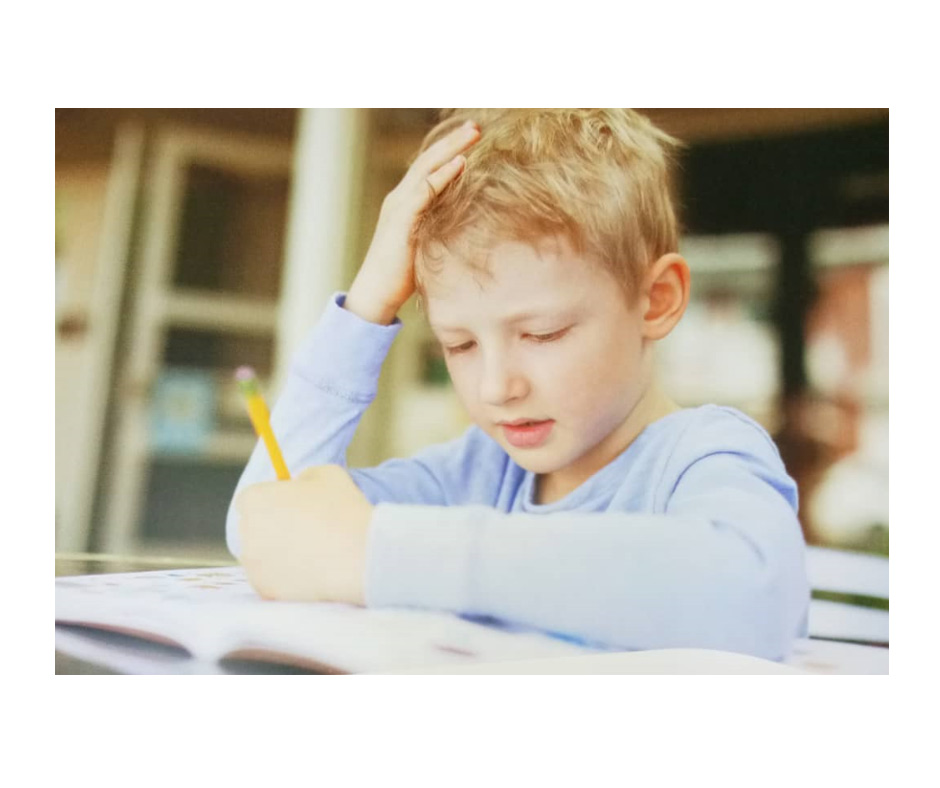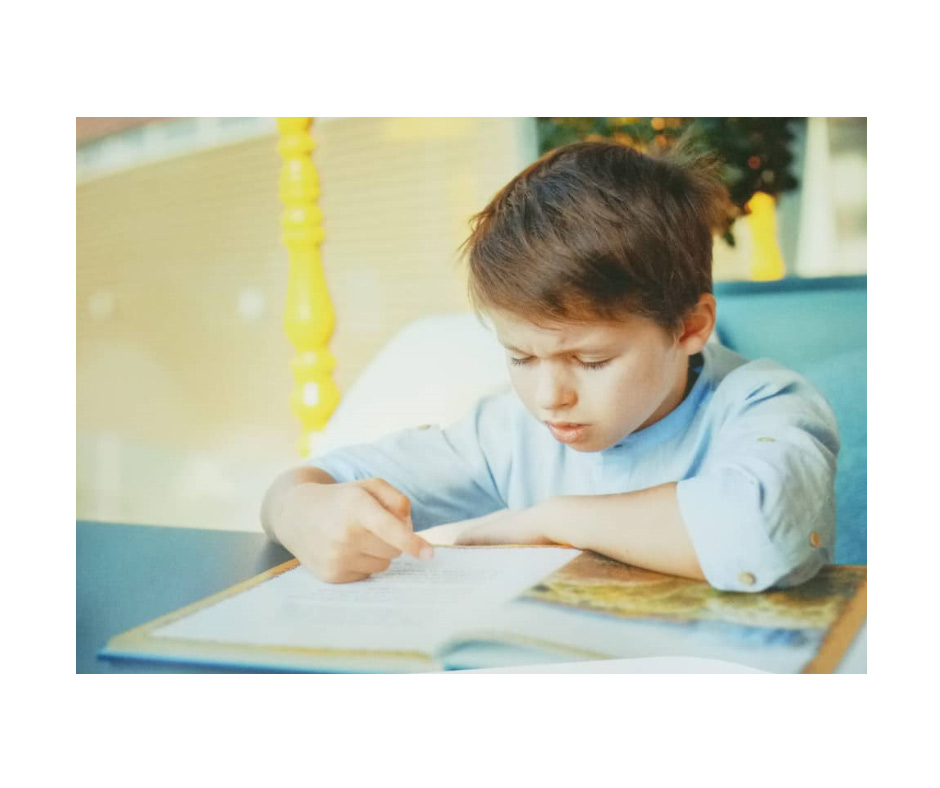Services
Comprehensive eye examination package includes:
History taking
Color vision
Eye motility
Stereopsis and binocular vision
Visual acuity
Focusing ability and accuracy
Gross visual field
Pupil reaction
Objective and subjective refraction
Eye pressure measurement
External and internal eye health
Digital fundus photography
Diagnosis and management advice


Contact Lens Consultation
The contact lens consultation begins with asking about your visual demands and lifestyle, followed by measurement of your corneal dimensions with a corneal topographer. An examination of the health of the cornea (the front part of your eye) ensures that you are suitable for contact lens wear.


Contact lens for presbyopia
Presbyopia
Presbyopia usually occurs beginning at around age 40, when people experience difficulty focusing at near objects. Reading glasses or progressive lenses are usually the only available options in order to read a menu, look at your phone, work in front of a computer, or do other everyday tasks that require good near vision.
But today, brand new multifocal contact lens designs offer to give you clear and functional vision at both distance and near without your reading glasses.
After a full contact lens consultation, we will evaluate your typical daily visual needs and provide suggestions on which multifocal design suits you best.
If you are sick of carrying your reading glasses everywhere you go, and tired of having to use them in front of your friends, call us at Chan Visual Care Optometrist for a contact lens consultation to see if you are suitable for these brand new contact lenses.



Children Binocular Vision
All children are born with the potential for good eyesight, but VISION (the ability to identify, interpret and understand what is seen) is learned and developed, starting from birth. The critical period of vision development is from birth to 9 years old.
In learning to walk, a child begins by creeping, crawling, standing, walking with assistance, and finally walking unaided. A similar learning process takes place in the development of good visual skills.
Visual skills build on one another, step by step, as children grow. Efficient and good visual skills are important for learning, working, and even sports. Missing a step will lead to deficiency in visual skills, which may adversely affect academic performance.
At Chan Visual Care, we take vision development very seriously whenever we see children. We recommend a yearly comprehensive eye exam at age 3, and a baseline binocular vision assessment at age 5.
Binocular Vision Assessment
At Chan Visual Care , our binocular vision assessment for children includes the following skills:
Accommodation. The strength, flexibility, and accuracy of the eye focusing system. Deficits in accommodation will result in blurry vision during near work, blurry vision when transitioning from near to distance tasks (such as copying notes from the board in school), and eye strain or fatigue.
Fusion. The ability to use both eyes together. Fusional deficit will either cause double vision or the brain to suppress (or ignore) one of the eyes which may lead to a lazy eye. This can happen 100% of the time or intermittently, depending on the cause of fusion deficit.
Tracking. The accuracy for both eyes to fixate on and follow objects accurately. Poor tracking skills may lead to problems when reading.
Vergence. The ability of both eyes to work and move together as a team. Inefficient vergence may cause double vision or suppression of one eye, and it may affect to ability to achieve high level depth perception.
. Visual Stress and Meares- Irlen Syndrome :
Approximately 20% of the population report these problemswhen looking at a page of words- even when wearing any glasses they have been prescribed. The condition is known as Meares- Irlen syndrome or Visual Stress.
In many cases the discomfort can be reduced by using a coloured overlay ( a sheet of colored overlay acetate placed over the page) or by wearing tinted glasses.
Visual training/ Optometric Vision Therapy/ Behavioral Optometrist
After a comprehensive eye examination and a binocular vision assessment, we may prescribe visual training or Optometric Vision Therapy to improve, enhance, or remedy any visual skills that are deemed inadequate.
At Chan Visual Care, our visual training will involve a combination of one on one training with our staff and also visual training exercises. This combination is proven to be more efficient in improving any deficient visual skills.
If you find your child to have any of the symptoms listed below, please contact our office for an assessment. Remember, the critical age to improve visual skills is before 9 years old.
Signs of Vision Difficulty:
Holding a book very close.
The head moves back and forth while reading, instead of the eyes.
Finger is used to trace sentences in book to avoid skipping words or lines.
Complaints of blurred, or double vision.
Complaints of headaches.
Short attention span when reading, or quickly fatigued.
Homework takes much longer than it should.


